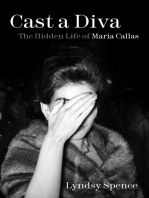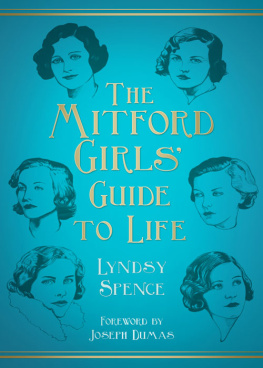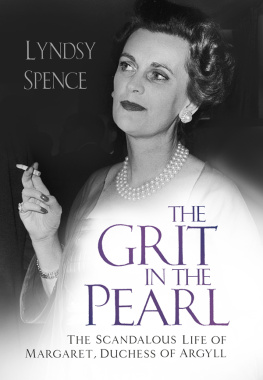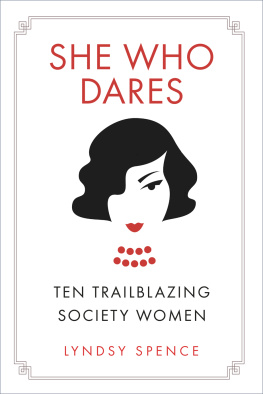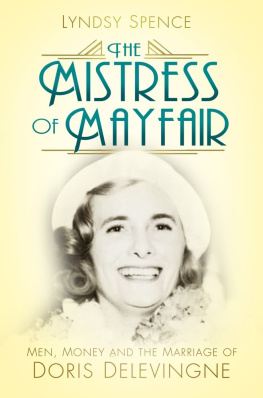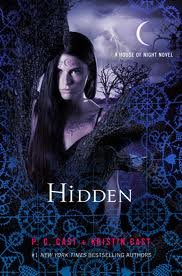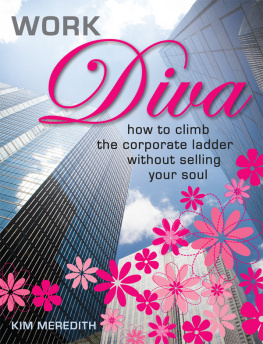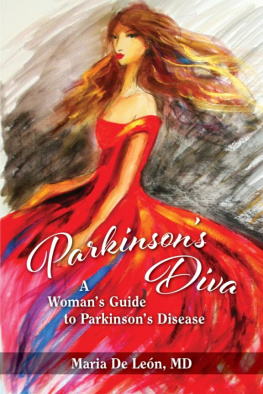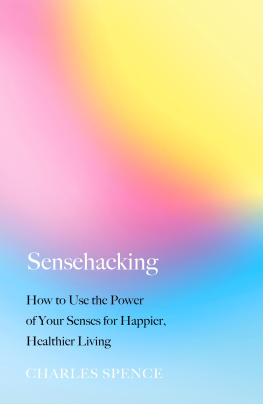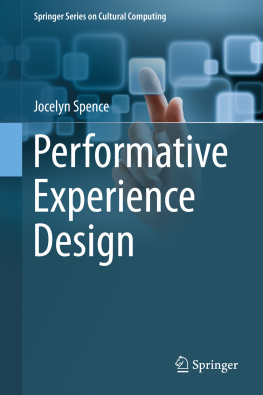Lyndsy Spence - Cast a Diva: The Hidden Life of Maria Callas
Here you can read online Lyndsy Spence - Cast a Diva: The Hidden Life of Maria Callas full text of the book (entire story) in english for free. Download pdf and epub, get meaning, cover and reviews about this ebook. genre: Non-fiction. Description of the work, (preface) as well as reviews are available. Best literature library LitArk.com created for fans of good reading and offers a wide selection of genres:
Romance novel
Science fiction
Adventure
Detective
Science
History
Home and family
Prose
Art
Politics
Computer
Non-fiction
Religion
Business
Children
Humor
Choose a favorite category and find really read worthwhile books. Enjoy immersion in the world of imagination, feel the emotions of the characters or learn something new for yourself, make an fascinating discovery.
- Book:Cast a Diva: The Hidden Life of Maria Callas
- Author:
- Genre:
- Rating:3 / 5
- Favourites:Add to favourites
- Your mark:
- 60
- 1
- 2
- 3
- 4
- 5
Cast a Diva: The Hidden Life of Maria Callas: summary, description and annotation
We offer to read an annotation, description, summary or preface (depends on what the author of the book "Cast a Diva: The Hidden Life of Maria Callas" wrote himself). If you haven't found the necessary information about the book — write in the comments, we will try to find it.
Cast a Diva: The Hidden Life of Maria Callas — read online for free the complete book (whole text) full work
Below is the text of the book, divided by pages. System saving the place of the last page read, allows you to conveniently read the book "Cast a Diva: The Hidden Life of Maria Callas" online for free, without having to search again every time where you left off. Put a bookmark, and you can go to the page where you finished reading at any time.
Font size:
Interval:
Bookmark:
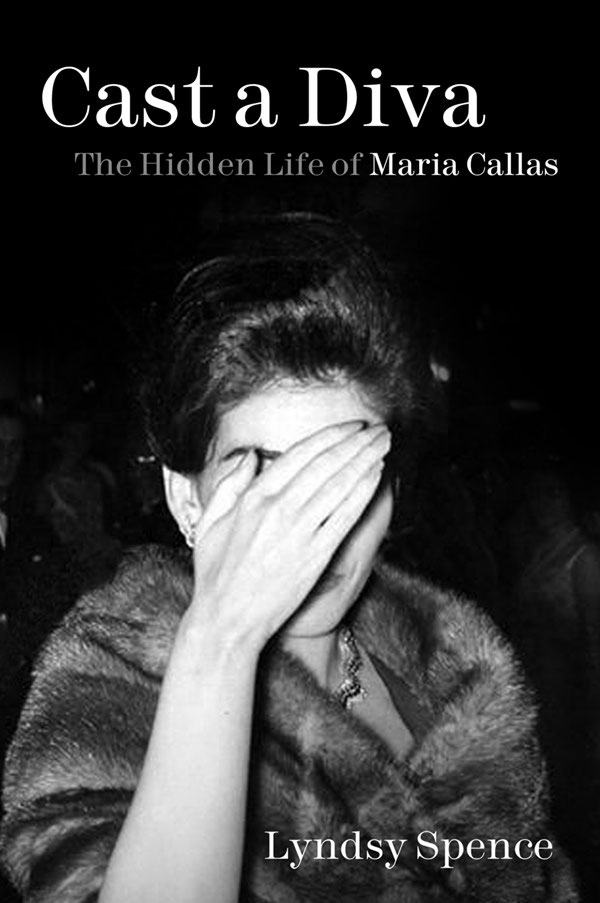
Cast a Diva
Cast a Diva
The Hidden Life of Maria Callas
Lyndsy Spence

Put a human note into your story, please do. Because I am rather human at times.
Maria Callas
First published 2021
The History Press
97 St Georges Place, Cheltenham,
Gloucestershire, GL50 3QB
www.thehistorypress.co.uk
Lyndsy Spence, 2021
The right of Lyndsy Spence to be identified as the Author of this work has been asserted in accordance with the Copyright, Designs and Patents Act 1988.
All rights reserved. No part of this book may be reprinted or reproduced or utilised in any form or by any electronic, mechanical or other means, now known or hereafter invented, including photocopying and recording, or in any information storage or retrieval system, without the permission in writing from the Publishers.
British Library Cataloguing in Publication Data.
A catalogue record for this book is available from the British Library.
ISBN 978 0 7509 9778 2
Typesetting and origination by The History Press
Printed in Great Britain
eBook converted by Geethik Technologies

I am grateful to the following individuals and organisations: Adam A.R.; Aine Lagan; April Ashley; Beinecke Rare Book and Manuscript Library; Colin Jones; Columbia Rare Book and Manuscript Library; Cosimo Capanni; Daphne Dennis; Dimitris Pyromallis; Dr Brigitte Pantis; Dr Michael Paroussis; Elizabeth K. Mahon; Floria Di Stefano; Graziella Chiarcossi; Joe Oliver; Isabella Giacovazzo; Lainie Reed; Laura Mobley Greenwood; Maria Callas Alumni Association of the Music School of Kalamata; Mark Beynon; Nadia Pastorcich; Nathan Coy; New York Public Library; Nicos Haralabopoulos; Nuri Lidar; Pietro DallAglio; Professor Mario Giacovazzo; Renzo Allegri; Sara Allouche; Serge Mafioly; Sound Archive at Stanford University and Vanessa Porras.
A note on images: all images are from the private collections of Cosimo Capanni, Dimitris Pyromallis, Nicos Haralabopoulos, Nuri Lidar, Renzo Allegri and Sara Allouche.
After a season bursting with prima donnas, it is clear there is nobody like our Maria. You have It, call it charm, call it magic, call it Maria.
Dorle Soria, 1961
Maria Callas was the greatest opera singer of the twentieth century, and to this day, she is unrivalled La Divina Assoluta. But in her private life, her voice, unless she was singing, was seldom heard. She confided in those whom she trusted, not for sympathy she was too proud but in a bid to be understood. Dismissing her troubles, they said Callas was too strong, and undermined her suffering. I wanted to give Maria, the woman, a voice.
I will storm the Gods and shake the Universe.
Medea, Euripides
The story of Maria Callas does not begin with her birth but the sadness which preceded it. Ive had to help myself, she said. Since I was a child, I knew I had to help myself.1 A replacement child, she was to alleviate her mothers grief after her 2-year-old son, Vasily, died in the summer of 1922. The cause of death was either typhoid or meningitis; the symptoms of both illnesses were much the same: a fever and a rash. Having consulted with an astrologer and the phatoe a device similar to the Ouija board her mother believed the unborn baby would be Vasily reincarnated.
Some claim that trauma is inherited from our forebears and their experiences shape our DNA. At the time of Marias conception, which was calculated by messages from the spirit world, her parents, George2 and Litsa3 Kalogeropoulos,a lived in the close confines of their apartment above his pharmacy, unable to share their grief. As the only pharmacist in the small town of Meligalas, in the Peloponnese, his vocation provided a comfortable life for his wife and eldest child, Yacinthy, which included two maids and a cook. There was also a handyman, Christos, a handsome young soldier and Litsas favourite servant. To Christos, she spoke for hours, exorcising her regret, My father was a general, God rest him. And I I married a pharmacist.
Litsa was five months into her pregnancy when George sold the pharmacy and bought three passages to America. Infuriated, she said that only paupers emigrated and did not consider the political situation: during the population exchange between Greece and Turkey, there was an influx of more than 1 million refugees. Furthermore, Vasilys illness and subsequent death were embedded in his psyche, and it was common knowledge that the refugees had brought with them an epidemic of viral diseases. Instead, she claimed it was due to his affair with the mayors daughter, who became pregnant. Years later, she wrote to Maria, Your good father is notoriously two-faced and a hypocrite, and he comes out on top. I shall tell you a great secret of your fathers, which I have been keeping to myself all these years.4
On 2 August 1923, the family arrived in New York and were greeted by flags flying at half-mast and newspaper headlines of President Warren G. Hardings death. A superstitious woman, Litsa burst into tears and called it a bad omen.5
There were 50,000 Greeks living in New York, and they, particularly the lower classes, were considered a menace to the American [working] man.6 Attempting to fit in, George simplified their name to Kalos and changed Yacinthys name to Jackieb after an immigration officer mispronounced it. Their new home was a modest apartment at 87 Sixth Avenue7 in Astoria, Queens, and they had only one friend,c Dr Leonidas Lantzounis, an orthopaedic surgeon who had left Meligalas with $15 in his pocket. Soon, Georges optimism declined, and his salary from teaching Greek at a high school could not pay their bills, and within months they ran out of money.
It was into these circumstances that Maria was born, on 2 December 1923, at the Flower Fifth Avenue Hospital in Manhattan. Disappointed that her baby was a girl, Litsa turned her head to the window and for four days refused to look at her. She had wanted another blonde-haired, blue-eyed boy and instead was presented with a daughter with raven hair and black eyes.
Although George had a similar response, he suggested they name her Cecilia, but Litsa refused and chose Sophie. They eventually agreed on Maria, but throughout her childhood she was called Mary or Marianna.8
Furthermore, the day of Marias birth was uncertain: Litsa said it was the third, George argued it was the fourth, but Lantzounis, who had driven her to hospital and became the childs godfather, claimed it was the second. She was registered as Sophie C. Kalos, with her birth date as 3 December, but other documents listed it as the second.9
Maria liked the fourth, as it was St Barbaras Day, the patron saint of artillery an appropriate prophecy for her life. As Maria grew older, she resented Litsas recollection and viewed it as a sign that she was unwanted. Whether it was intentional or not remains unknown, for Litsa embellished her memories of the day with a record-breaking snowstorm, although meteorological records indicate the weather was dry but cold. In her memoirs, she wrote, I could hear snow slapping against the window like the palm of a wet hand, and across the avenue I could see white sheets of snow sweeping through Central Park.10
Next pageFont size:
Interval:
Bookmark:
Similar books «Cast a Diva: The Hidden Life of Maria Callas»
Look at similar books to Cast a Diva: The Hidden Life of Maria Callas. We have selected literature similar in name and meaning in the hope of providing readers with more options to find new, interesting, not yet read works.
Discussion, reviews of the book Cast a Diva: The Hidden Life of Maria Callas and just readers' own opinions. Leave your comments, write what you think about the work, its meaning or the main characters. Specify what exactly you liked and what you didn't like, and why you think so.

